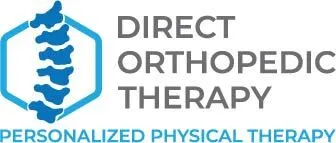This is caused by a fracture of the radius bone in your upper arm. The radius bone is one of two long bones that run along your arm close to the wrist. This fracture is most common when you fall on your outstretched arm.
Colle fracture symptoms are common
Radium fracture symptoms are not complex. The most common symptoms of collar bone fracture symptoms are
- Pain in your arm and hand
- Swelling in the arm and hand
- Hand discoloration or bruising
- Functional mobility loss of arm and wrist
- Visible deformity in your arm and lymph-like structure at the wrist.
Physical Therapy after a Colles’ Fracture
Your fracture should be reduced immediately after an injury. Your fracture can be reduced openly or closed depending on what injury it is. After 4 to 6 weeks, your cast will be removed. You may also be referred to a physical therapy to treat some common impairments after Colles fractures. This includes normalizing your range and strength as well as reducing pain and swelling. If you have an open reduction, your physical therapist might deal with scar tissue. A physical therapist examines your arm, wrist, hand and hand functions.
Your physical therapist will meet with you after the initial evaluation to create a plan that will help you improve your fracture side effects and impairments.
Range of motion:
After a colle fracture, you will need to wear a cast for between 4 and 6 weeks. You remain immobilized during this time. This could lead to muscular dystrophies.
You may feel tight in your arms, hands, and shoulders. To normalize your range of motion, a physical therapist will help you to do motion exercises for the elbow and hand wrist.
Strength:
It is another common side effect of Colles fracture. There are several exercises that can be done to regain strength. They focus on strengthening the elbow, wrist and hand muscles. These exercises can be performed in the company of a physical therapist, at home, or by yourself.
Swelling and pain:
These are two of the most common signs of ale musculoskeletal injury. This type of injury can cause swelling and pain around the wrist and hand. This condition may be treated by physical therapists using hot and cold therapy, as well as electrical therapy.


